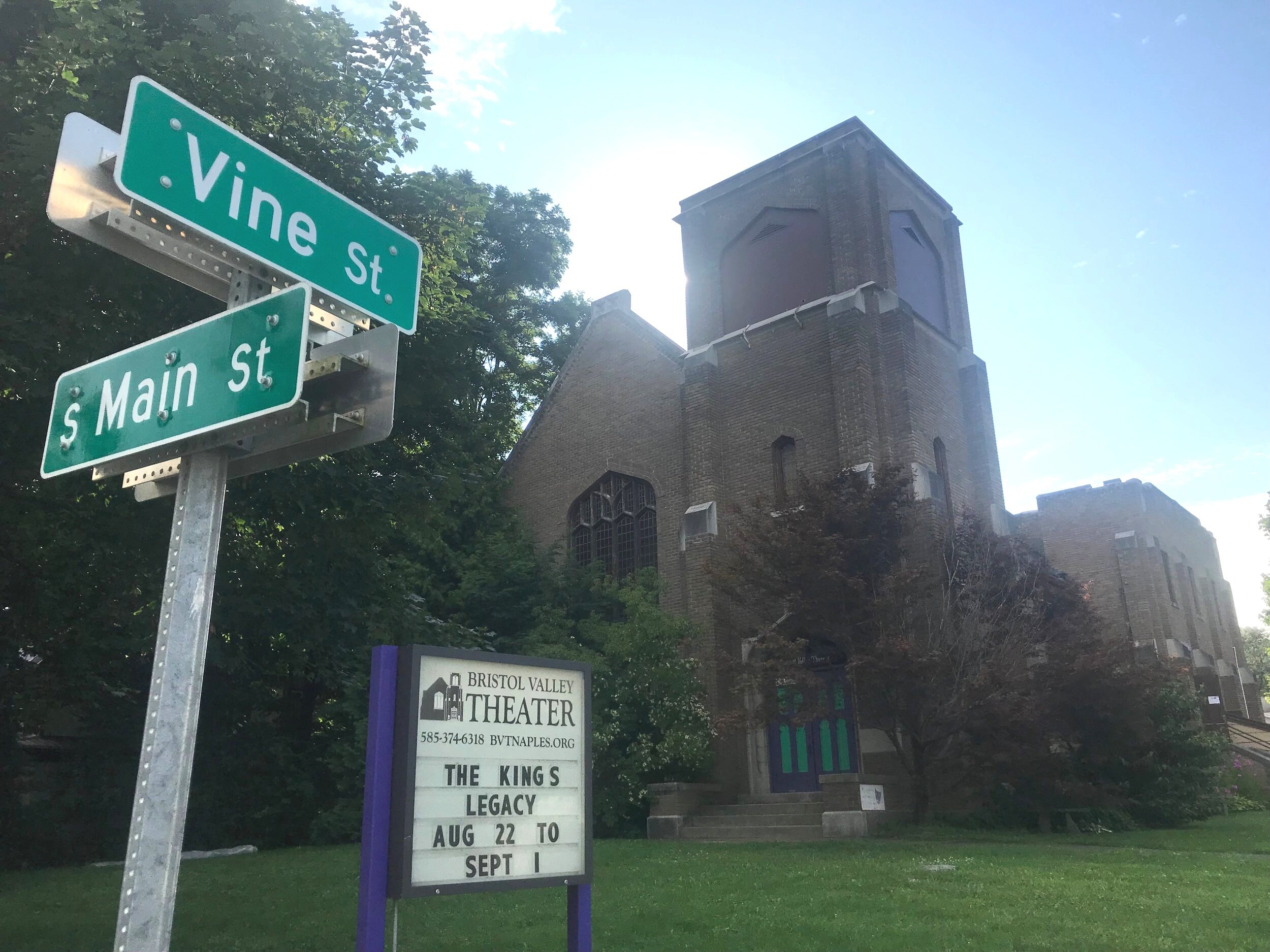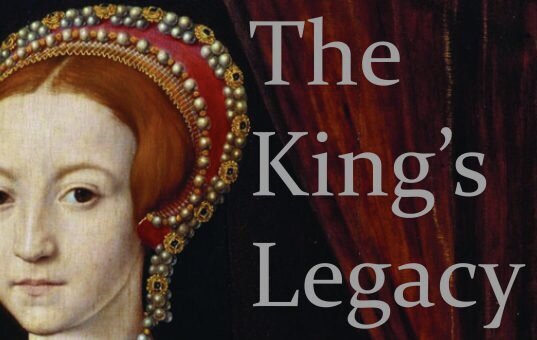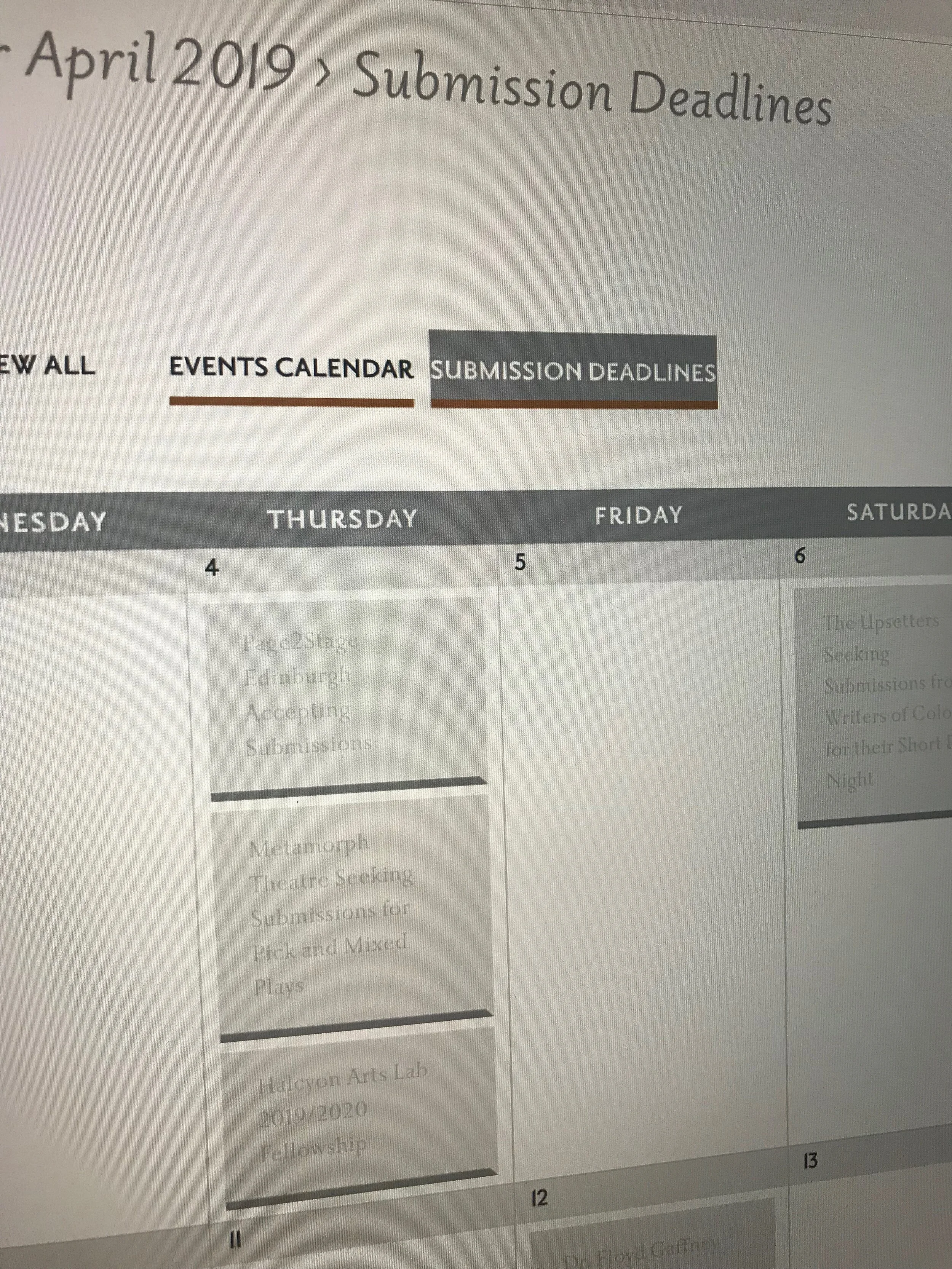Hold Your Breath. Make A Wish. Count To Three.
/You know how you sometimes have this dream - it could be a nighttime thing, or a daydream, or some lofty ethereal goal - but it’s something you just can’t quite imagine. It’s there and you can almost picture it, but only ever just almost.
I’ve had so many of these dreams that I lost count long ago. But I think it’s something that’s just in the DNA of artists and creative types.
Right?
Well, beginning sometime around the fall of 2016 I had this dream (the goal kind) of what it would be like, feel like, look like, sound like, etc to see The King’s Legacy - which had finally found the correct structure - come to life in a full production.
It simultaneously felt easily attainable and yet a thousand years off. I truly could almost see it happening. But it wasn’t happening - not yet anyway. So all I could do was just keep imagining and letting various scenarios pass through my head.
But I will tell you that, when it came down to the reality, it was nothing like I had imagined.
It was so much better.
Read More






